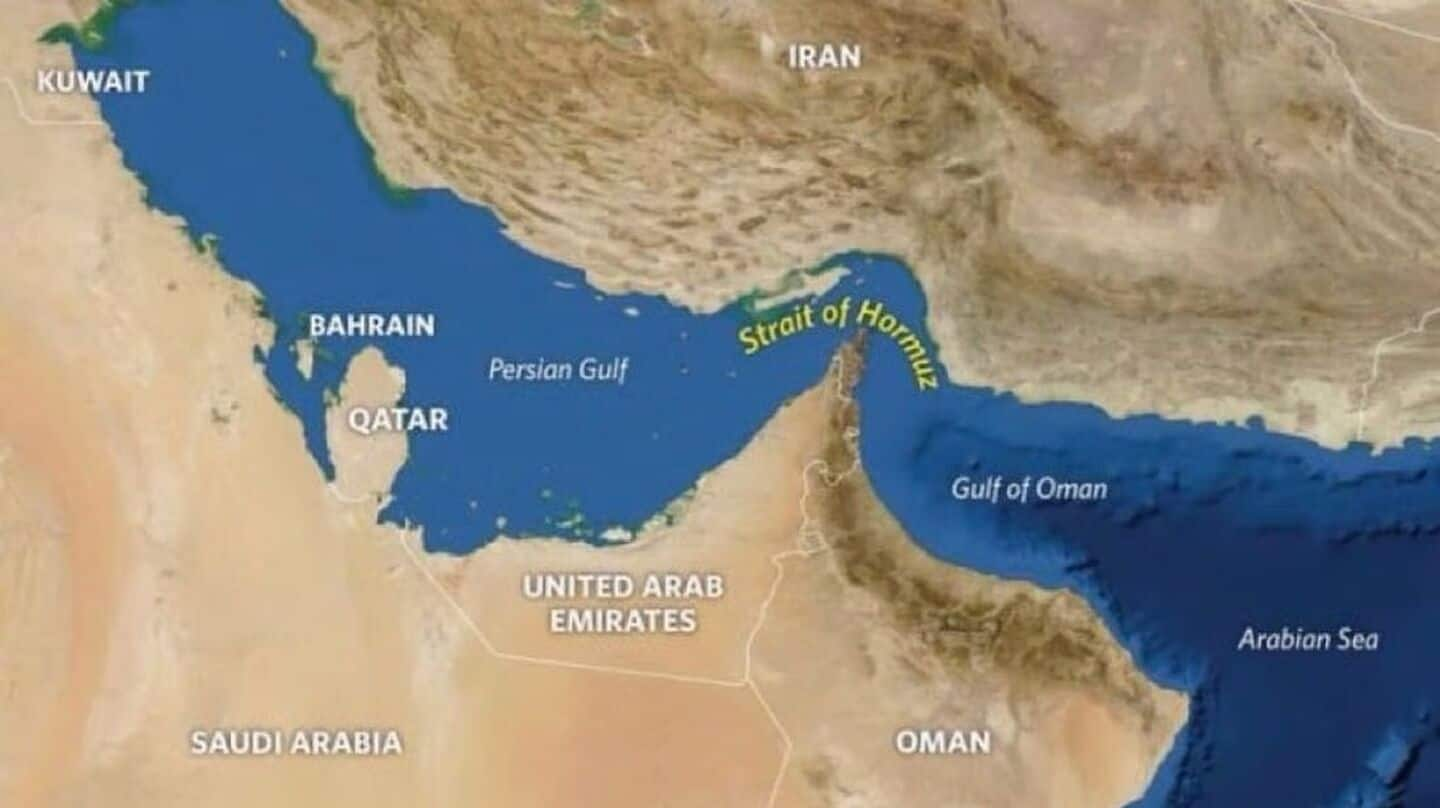
US urges China to stop Iran from closing Hormuz strait
What's the story
United States Secretary of State Marco Rubio has urged China to intervene and prevent Iran from blocking the Strait of Hormuz. The strait is a major global oil trade route, with 20% of the world's oil passing through it. Rubio's appeal comes after recent US airstrikes on Iranian nuclear sites, which prompted warnings from Iran's foreign minister about defending its sovereignty.
Iranian response
Iran backs possibility of closing Strait of Hormuz
According to Iranian state media, Iran's parliament has voted in favor of closing the Strait of Hormuz. However, any final decision would rest with Iran's national security council and Supreme Leader Ayatollah Ali Khamenei. This comes after US airstrikes on three key nuclear sites in Iran over the weekend.
Economic impact
Global oil prices could soar above $100 per barrel
The potential closure of the Strait of Hormuz could have dire consequences for the global economy. In 2024, around 20 million barrels per day of crude oil passed through the strait, according to the Energy Information Administration. If closed for an extended period, oil prices could soar above $100 per barrel, Goldman Sachs and consulting firm Rapidan Energy warned.
Oil dependence
Iran's economy relies on oil exports
Iran, OPEC's third-largest oil producer, relies heavily on the Strait of Hormuz for its oil exports. In May 2025, Iran exported 1.84 million barrels per day (bpd), most of which went to China. Matt Smith from Kpler said cutting off the strait would stop crude exports to China and be a "self-inflicted wound" for Iran's economy.
Maritime security
US Navy may block Iran's attempt to close Hormuz strait
The US Fifth Fleet, based in Bahrain, is responsible for safeguarding maritime trade in the Persian Gulf. Oil market participants believe that any attempt by Iran to block the Strait of Hormuz would be quickly defeated by the US Navy. However, some analysts warn that this risk may be underestimated.